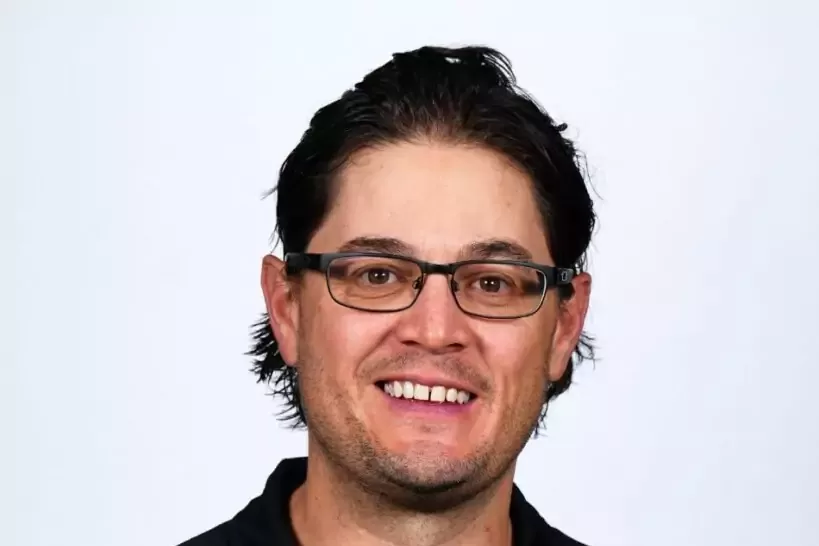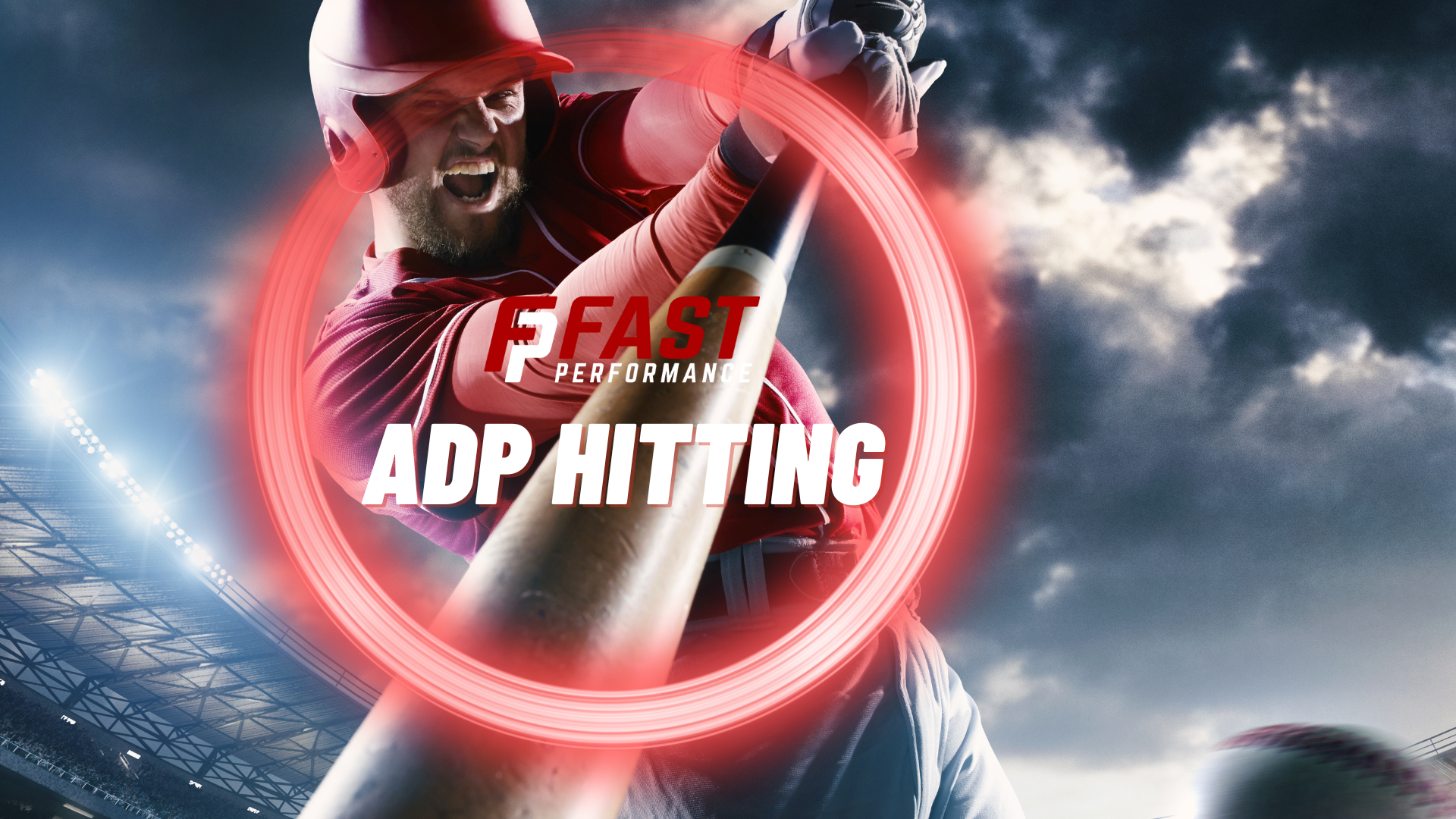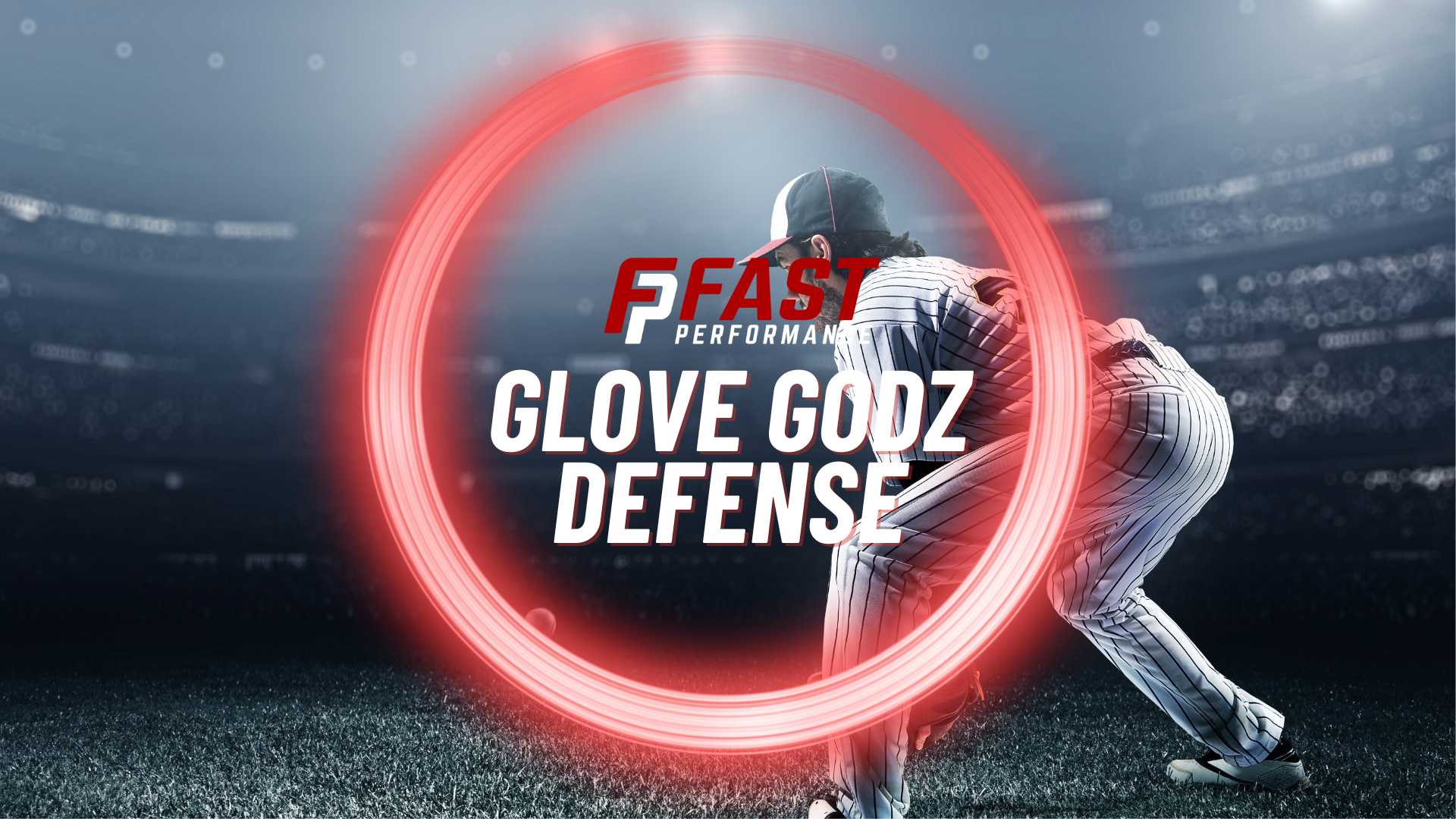Aspiring pro players often wonder how they can get started playing in the Minors. The answer, unfortunately, is not usually as simple as just showing up to an open tryout.
Minor League Baseball teams don’t commonly hold tryouts.
Open tryouts were more frequently held in the past—and maybe you’ll be lucky enough to hear about one near you, every once in a blue moon—but they’re just not as common as they used to be.
The path that aspiring players need to take to play in the Minors (or the Majors for that matter) can be long and winding.
Or it can be short and straightforward.
Just like in the Majors, most Minor League Baseball players were drafted or signed as free agents. Essentially all of them were scouted, evaluated and selected by professional scouts.
Someone—somewhere—watched them play.
This is both good and bad news for aspiring baseball players.
The good news is that if you stand out from other players enough, a scout could very well eventually notice you.
The bad news is that you have to be in the right place at the right time—or perhaps, have someone else be in the right place at the right time.
If you have the talent, the right circumstances, and maybe the right connections in some cases, you could someday find yourself on a Minor League Baseball roster.
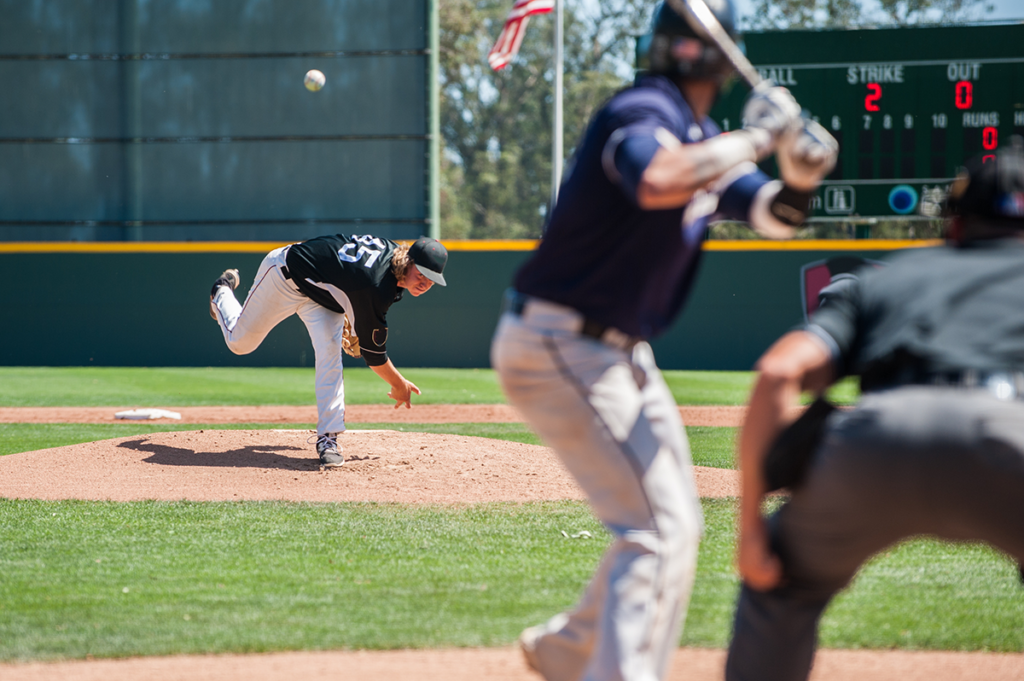
Here are some tips that might help you get there just a little easier:
5 Tips to Get Noticed by MiLB/MLB Scouts
1) Play in High School and College
Many, if not most, Minor League Baseball players were standouts in high school and college.
If you want to play in the Minors, playing baseball at the high school and/or college level is a good place to start.
There are a few reasons for this.
One is that scouts often target high schools and colleges when looking for players.
Another reason is that playing in high school and college will help you develop your skills as a player.
You’ll also have the opportunity to play against better competition, which will make you a better player.
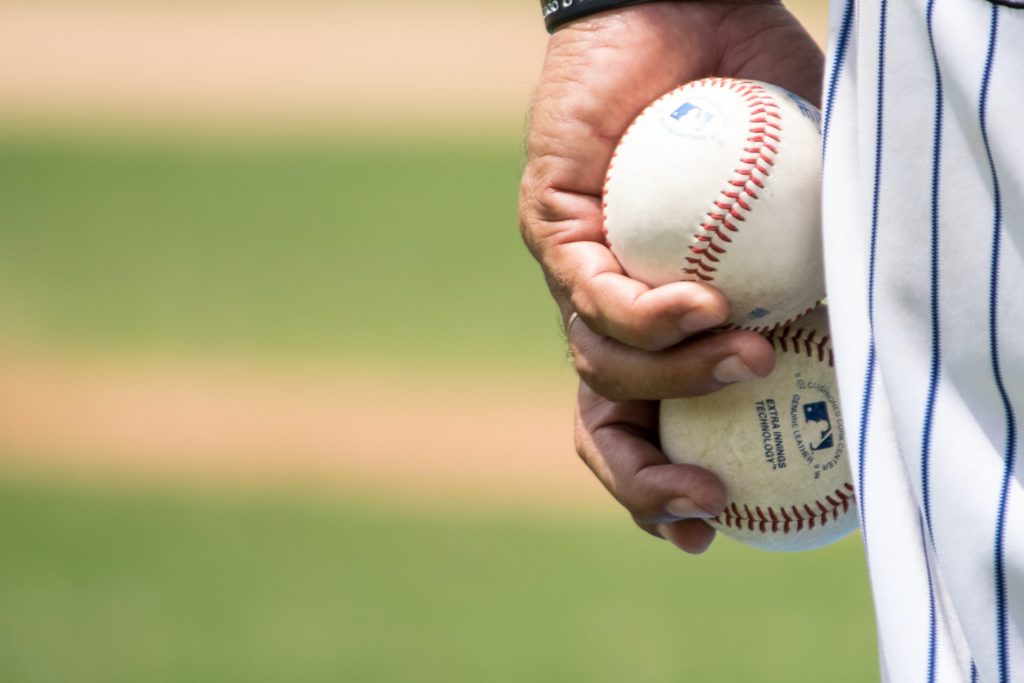
2) Keep Your Nose Clean
This is a bigger one than most aspiring players realize: If you want to play in the Minors, it’s important to maintain a good reputation—on and off the field.
Teams want players with good character. They don’t want to deal with players who are going to be a headache or cause problems. If it seems like you have a tendency to get into legal trouble, start fights, or have personality issues, that’s going to reflect poorly on you as a player and will hurt your chances of being signed or drafted by a team.
Everyone makes mistakes. But, if you want to become a professional baseball player, it’s important that you try to avoid any serious trouble.
Yes, there are many players who have overcome troubled pasts to have successful careers in baseball. It’s just much easier to get your foot in the door if you’re not flying major red flags.
Not only is it a hassle for teams to deal with players with off-field issues, but player development is expensive for teams. If a team thinks there’s a good chance that a player is going to get into trouble, they’re far less likely to want to invest time and money into developing that player.
3) Are You a Southpaw?
Well, after all the work you need to do to keep your reputation crystal clear, luck once again plays a role in whether or not you make it to the Minors.
If you’re left-handed and can pitch, that may give you a tiny bit of an advantage over your right-handed competition.
Left-handed pitchers are always in high demand. So, if you’re a southpaw, that’s one more thing working in your favor.
Sure—it may not be fair, but just like having connections can help, that’s just the way it is.

4) Train Hard
If you’re serious about playing in the Minors, you need to train hard.
This means working on your craft continuously, and doing everything you can to improve. Training and developing as a baseball player is a process that never stops.
The players who make it to the Minors are often the ones who have put in the hard work and have made a commitment to continuously improving their skills.
Train in the off-season. Get stronger. Work on your mechanics.
It’s a no-brainer: The better you are, the more likely it is you’ll get noticed by scouts.
5) Play in Summer Leagues
Summer leagues are a great way to get noticed by scouts. As Orioles scout Jim Thrift says:
“Playing summer leagues in college is a good thing. Play against better competition, use a wood bat, and get in front of more scouts.”
If you’re good enough—and in the right place at the right time—you could very well catch the eye of a scout and get signed by a team.
Final Thoughts
Being scouted for the Minors or the Majors is, to a certain extent, a matter of luck. But there are things you can do to improve your chances of being noticed by scouts.
The tips above are a good place to start. Of course, even if you do everything right, there’s no guarantee that you’ll be signed by a team.
But, if you have the talent and work hard, you’ll at least give yourself the best chance to catch the eye of a scout and fulfill your dream of playing professional baseball.
Remember that in addition to the tips above, scouts are often looking for “intangible” qualities—such as leadership, a good work ethic, and a positive attitude. Pro baseball scouts commonly list “overall athleticism” as an extremely important quality.
If you want to play in the Minors, focus on becoming the best player you can be—on and off the field.
Do everything you can to improve your skills, and don’t be afraid to put yourself out there and get noticed by scouts.


